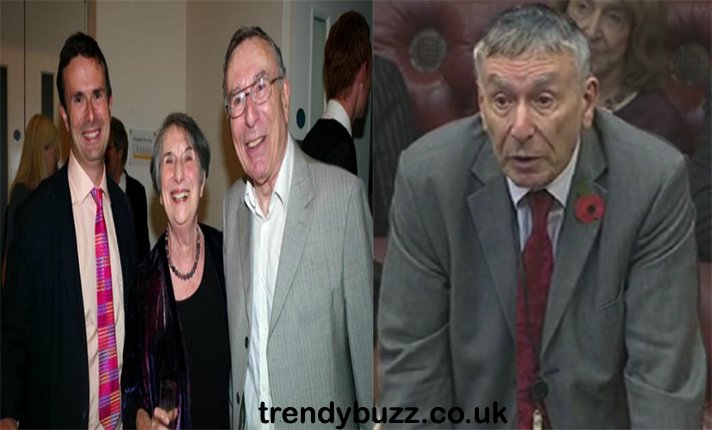Introduction
Maurice Harry Peston, later Baron Peston, is a name that comes up less often than it should when people talk about postwar British economics. He was not a celebrity academic chasing headlines. He spent his career building institutional capacity, advising government, and connecting economic ideas to real world policy questions. Understanding why Maurice Peston matters means looking beyond a list of titles to the combination of steady scholarship, public service, and a practical view of economics that defined his work.
Early life and academic career
Born in London in March 1931, Peston studied at the London School of Economics and later at Princeton. He carved out a reputation as a careful macroeconomist who cared about education and public goods. One of his most durable achievements was founding the economics department at Queen Mary College, University of London. That department grew under his leadership and became a long lasting home for students and scholars interested in applied economics. The Queen Mary obituary and contemporaneous accounts underline how central that institutional role was to his career.
From adviser to peer
Peston’s career moved naturally from academic life into public service. He advised government departments across several administrations, beginning in the 1960s. Over time he became a visible presence in the corridors where economic policy was debated and formed. In 1987 he was made a life peer as Baron Peston of Mile End and served in the House of Lords, carrying responsibilities that included speaking for the Opposition on energy and education and later chairing influential committees. His parliamentary record shows a consistent effort to bring economic reasoning into legislative discussion and committee work.
Ideas and practical influence
If you ask what Peston’s intellectual contribution was, the short answer is that he practiced economics with an emphasis on institutional detail and policy relevance. He published on macroeconomic policy and the economics of education, but his influence also came from advising ministers and working on inquiries where economics touched everyday services. Colleagues remember him as someone who preferred clear, testable arguments over abstract theory. His participation in public letters and commissions reflected a willingness to engage in policy debates where academic input could change outcomes.
A public humanist and civic figure
Beyond economics, Peston was active in public life. He served as a patron for the British Humanist Association and held positions on various advisory panels. Those roles signal a figure who viewed public service broadly, not just as technical input but as commitment to civic institutions. Observers noted that he spoke candidly about his beliefs on religion and public reasoning, which made him a recognizable presence in debates about secularism and public culture.
Why his work still matters
There are three practical reasons Maurice Peston remains worth studying. First, institution building matters. The departments and committees he helped establish and shape continue to train economists and inform policy. Second, his career demonstrates the value of connecting academic expertise to government action. Advisers who can translate technical findings into workable policy options are rare, yet crucial. Third, his style of cautious, evidence-minded intervention is a useful model in an era when punditry often crowds out sober evaluation. These are not flashy legacies, but they are durable.
How people remember him
Obituaries and remembrances from the time of his death in April 2016 point to a consistent set of impressions. Colleagues and students remembered him for the department he built, for public service that spanned decades, and for a straightforward approach to economic argument. The tone of those tributes is informative: they highlight practical contributions rather than theoretical breakthroughs, which is itself revealing. Impact in public policy often looks like persistent, incremental work rather than sudden discovery.
What to look for if you want to learn from him
If you want to study Maurice Peston as an example, focus on archival material, committee reports he worked on, and the departments he helped create. Read his public writings and letters to see how he turned economic concepts into policy questions. Talk to former students or read memorials from academic communities to understand the institutional legacy. Those trails show the practical side of influence: networks, mentorship, and the steady work of making ideas usable for decision makers.
Final thoughts
Maurice Peston was not a star in the way some economists are. He was, however, a builder and a bridge. He built institutions that teach and think about economics. He bridged the gap between academic analysis and the messy realities of policy. In an intellectual landscape that often prizes novelty, Peston’s career is a reminder that the long game of public scholarship matters. If we want economic advice that is both rigorous and relevant, we should pay attention to the careers of people like him.
